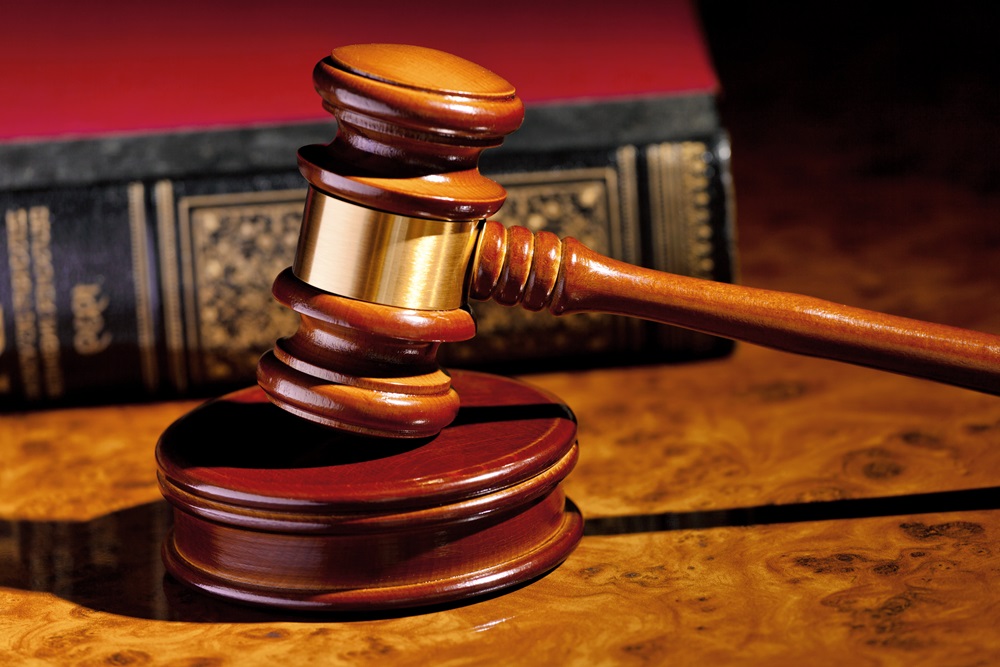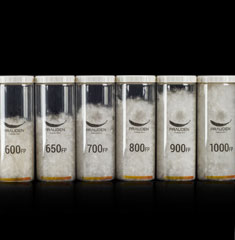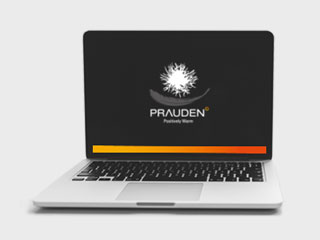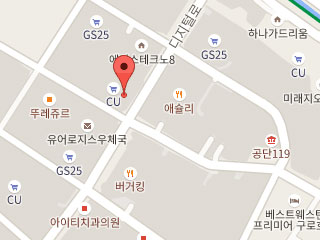
PRAUDEN Responds to the New Advertisement Law of China
2017-06-09
In February 2017, Lotte Mart Chongwenmen Main Branch in Beijing was fined nearly 44,000 yuan (approximately USD 6,500) for illegal advertisements and violations of the Advertisement Law.
Based on the world’s largest population of 1.3 billion and the world’s fourth largest land area, China has achieved splendid economic development over the past 20 years and has grown as the world’s second largest economy (GDP).
 <Expected GDP in 2017>
<Expected GDP in 2017>
Source: International Monetary Fund
With its swift social changes, the governmental policies and regulations of China easily change as well, bringing us to focus on such changes to conduct business with China. Now we will go through the amendment to the Advertisement Law of China with which we should comply for product selling and advertising in that country.
The amendment to the Advertisement Law of China
In September 2015, the Chinese government completely revised the preexisting Advertisement Law which had been in force for 20 years since 1995 and introduced the newly enacted Advertisement Law. The amendments are as follows.
1. Regulations expansion and maintenance
2. Definition of false advertising and its types
3. Legal obligations and responsibilities of advertising agencies (advertising models)
4. Prohibition of distribution of cigarette advertisements
5. Regulations of advertisements using underage models
6. Regulations of online advertisements
7. Strengthened management and supervision of distribution of mass media advertisements
8. Increase in public advertisements and the expanded adjustment range of the Advertisement Law
9. Strengthened responsibility of the advertisement supervision department
10. Strengthened legal responsibilities
Among the subparagraphs above, let’s learn more about “Subparagraph 2. Definition of false advertising and its types” that may directly impact businesses selling finished goods such as clothes in China.
No superlatives
Superlatives should not be used for product descriptions and advertising copies. The use of modifiers widely used as advertising copies in China, such as “China’s best (國家級)”, “global-class (世界級)”, “the best/highest class (最高級)”, and “the finest (最佳)”, is against the Advertisement Law. A business which uses “the best” or similar words for its advertising may face a minimum of 200,000 yuan (approximately KRW 36 million) in fines. “Absolutely (绝对)”, “the latest (最新)”, and “the only (唯一)” should not be used as well.
Superlatives that cannot be used for advertisements
国家级, 世界级, 最高级, 最佳, 最大, 第一, 唯一, 首个, 最好, 最大, 精确, 顶级, 最高, 最低, 最具, 最新技术, 最先进科学, 国家级产品, 最便宜, 最新, 最先进, 最大程度, 最填补国内空白, 绝对, 独家, 首家, 最新, 第一品牌, 金牌, 优秀, 最先, 顶级, 独家, 全网销量第一, 全球首发, 全国首发, 世界领先, 顶级工艺. 最新科学, 最新技术, 最先进加工工艺, 最时尚, 极品, 终极, 顶尖, 最受欢迎, 王牌, 冠军, 第一(NO.1, Top1), 极致, 永久, 王牌, 掌门人, 领袖品牌, 独一无二, 绝无仅有, 前无古人, 史无前例, 万能

<A Chinese advertisement using a superlative>
A superlative (top class, 一流) is used.
Image source: china.com
PRAUDEN’s response
PRAUDEN makes hangtags in four different languages (Korean, English, Japanese, and Chinese), considering the export country of finished goods. In the Korean advertising market, superlatives such as “the best” or “the most excellent” are widely used in advertisements. If Korean advertising copies are translated literally into Chinese, they may be against the Advertising Law. Thus, PRAUDEN changed all the superlatives used for the Chinese hangtag to general adjectives in cooperation with the Legal Team of the Chinese office.

 <New Chinese hangtag complying with the Advertisement Law of China>
<New Chinese hangtag complying with the Advertisement Law of China>
PRAUDEN deleted all superlatives including 最, 绝对, and 无与伦比 and modified the sentences.
Furthermore, we make sure that hangtags in English, Japanese, and Korean languages are not attached for products sold in China to prevent any confusion.
As PRAUDEN exports its feathers to all over the world as well as China, it swiftly responds to changes in the global market. Thanks to PRAUDEN’s efforts, buyers can use its feathers and marketing services without any concern.
By PRAUDEN Brand Part Lee Su-kyung


















